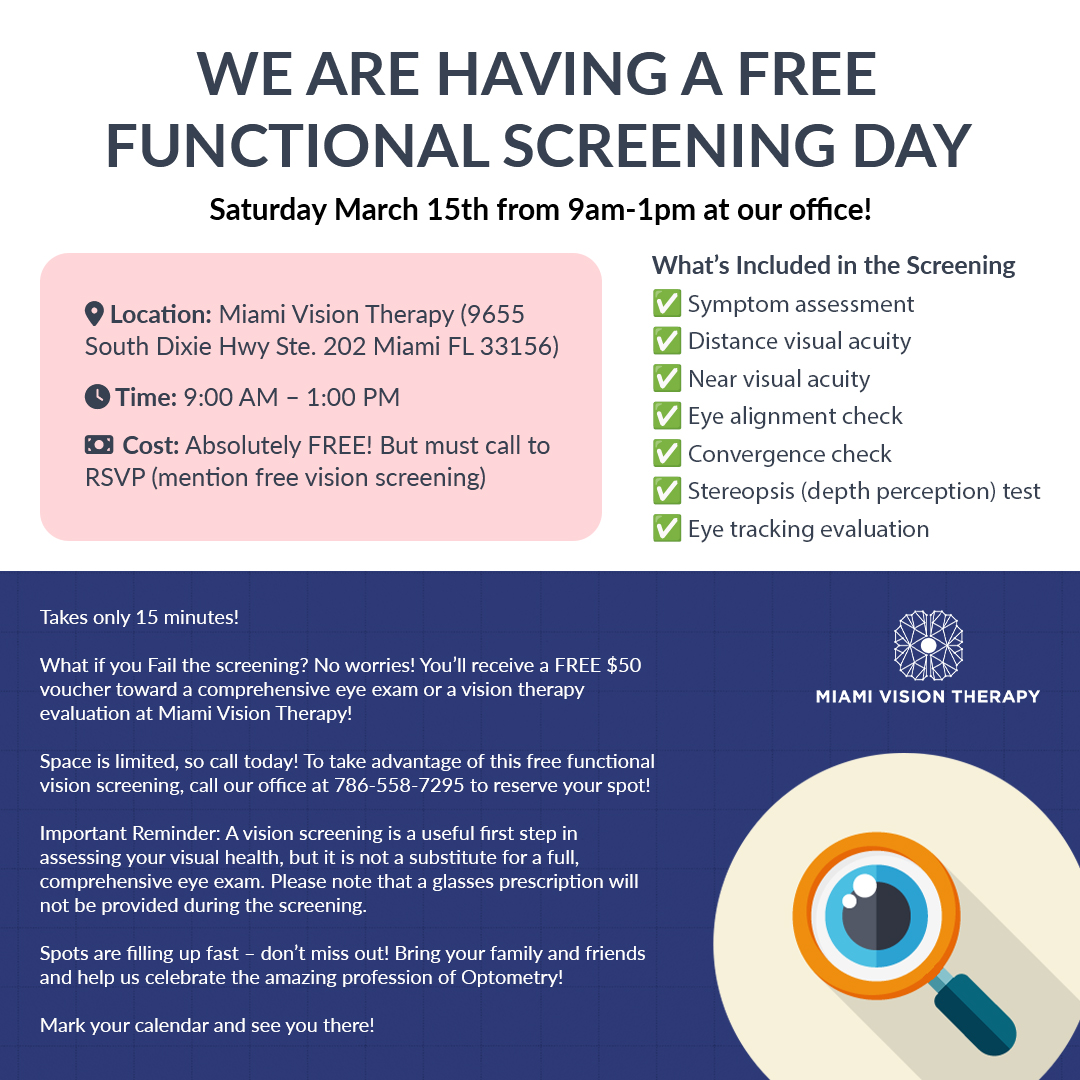


March 10, 2025
When it comes to eye care, many patients are unclear about who does what. Is an optometrist the same as an ophthalmologist? Which provider should you see for double vision? What about a cataract surgery follow-up?
The truth is, both optometrists and ophthalmologists play essential roles in eye health—but their training, scope of practice, and daily responsibilities differ. Understanding the distinction can help patients make informed choices and receive better, more comprehensive care. And when these two professions work together, patients benefit from the best of both worlds.
Optometrists (ODs) are primary eye care providers. After earning a bachelor's degree, they complete a four-year Doctor of Optometry program focused on visual science, ocular disease, optics, pharmacology, and hands-on clinical care. Some pursue additional training through residencies or fellowships in specialties such as pediatrics, vision therapy, contact lenses, or ocular disease.
Optometrists are licensed to manage many eye conditions—including myopia, binocular vision dysfunction, and amblyopia—and are experts in prescribing corrective lenses. They also provide services that go beyond traditional vision correction, such as functional vision evaluations and vision therapy.
Ophthalmologists (MDs or DOs) are medical doctors who specialize in the diagnosis and surgical treatment of eye disease. Their education includes four years of medical school, followed by a hospital-based ophthalmology residency that emphasizes surgical care and advanced disease management. Some also complete fellowships in subspecialties like retina, cornea, or pediatric ophthalmology.
While ophthalmologists are the go-to for surgery and complex medical cases, many partner with optometrists to ensure their patients receive well-rounded care.
Refraction and prescription accuracy
Optometrists specialize in refraction—the process of determining the best prescription for glasses or contact lenses. Although ophthalmologists are trained in refraction, it's a smaller part of their focus, which is why many refer patients to optometrists for this key component of care. A precise prescription can significantly impact visual clarity and comfort, especially for patients with high visual demands.
Binocular vision and visual function
Not all vision problems show up on a standard eye chart. Some patients may have 20/20 vision yet still experience symptoms like double vision, eye strain, difficulty concentrating, or chronic headaches. These can be signs of binocular vision dysfunction—issues with how the eyes work together.
Optometrists trained in functional vision care and therapy are uniquely equipped to diagnose and treat these problems. Conditions like convergence insufficiency, accommodative dysfunction, or post-concussion visual disturbances require more than just glasses—they often respond best to vision therapy or prism lenses.
In Miami, our clinic frequently receives referrals from ophthalmologists for patients experiencing these kinds of symptoms. By combining our expertise, we ensure patients receive both the medical and functional care they need.
Surgical and post-surgical collaboration
For patients undergoing cataract surgery or other ocular procedures, the ophthalmologist performs the operation—but the optometrist often provides ongoing care before and after surgery. This might include managing dry eye symptoms, optimizing visual correction post-surgery, or treating secondary symptoms like eye misalignment that can arise after the procedure.
You shouldn't have to choose between clear vision and comfortable vision. And you shouldn't be left wondering why your eyes "feel off" even after passing a routine exam. Just because you have 20/20 eyesight doesn’t mean your visual system is functioning well.
Functional visual issues like poor tracking, weak eye teaming, or inefficient focusing can interfere with reading, learning, working on screens, or recovering from a brain injury. These issues often require specialized testing and care that falls within an optometrist’s training—especially one focused on vision therapy and rehabilitation.
Meanwhile, medical and surgical concerns—such as retinal disease, glaucoma, or cataracts—are best addressed by an ophthalmologist. But even in these cases, collaboration with an optometrist can improve outcomes and make care more accessible and patient-centered.
If you're experiencing symptoms like double vision, difficulty focusing, chronic headaches, or eye fatigue, don’t settle for “everything looks fine” as an answer. Ask your provider questions like:
Are my eyes working well together?
How are my tracking and focusing skills?
Could my symptoms be related to binocular vision dysfunction?
If those areas aren’t being evaluated—or if you’re still struggling despite “normal” test results—it may be time to consult an optometrist trained in functional vision care.
At Miami Vision Therapy, we specialize in identifying and treating visual issues that affect everyday performance. Whether you're recovering from a concussion, struggling to keep up with reading, or feeling exhausted after computer work, we can help.
Click here to schedule a consultation. Let’s find out what your eyes—and your brain—really need to work comfortably and clearly.